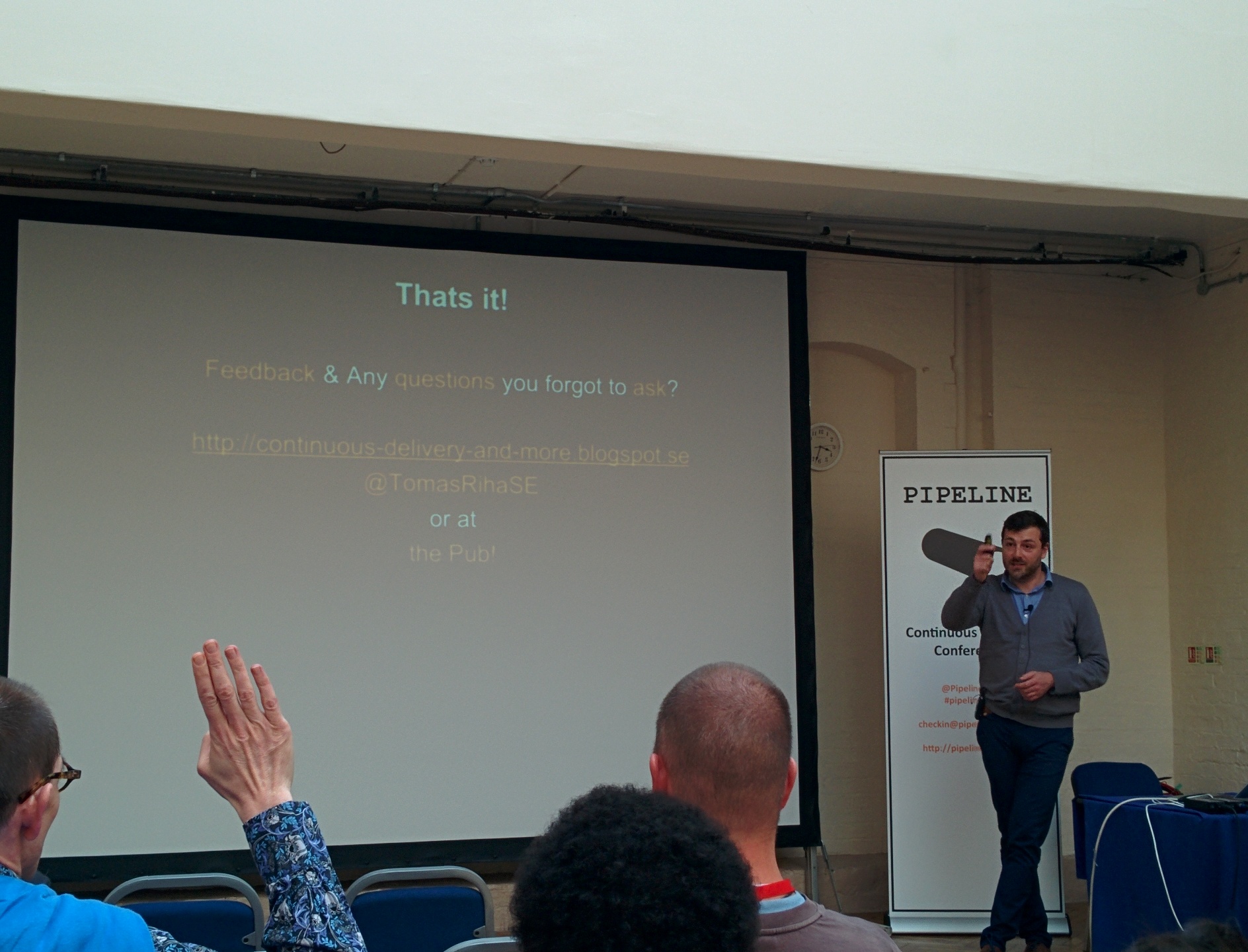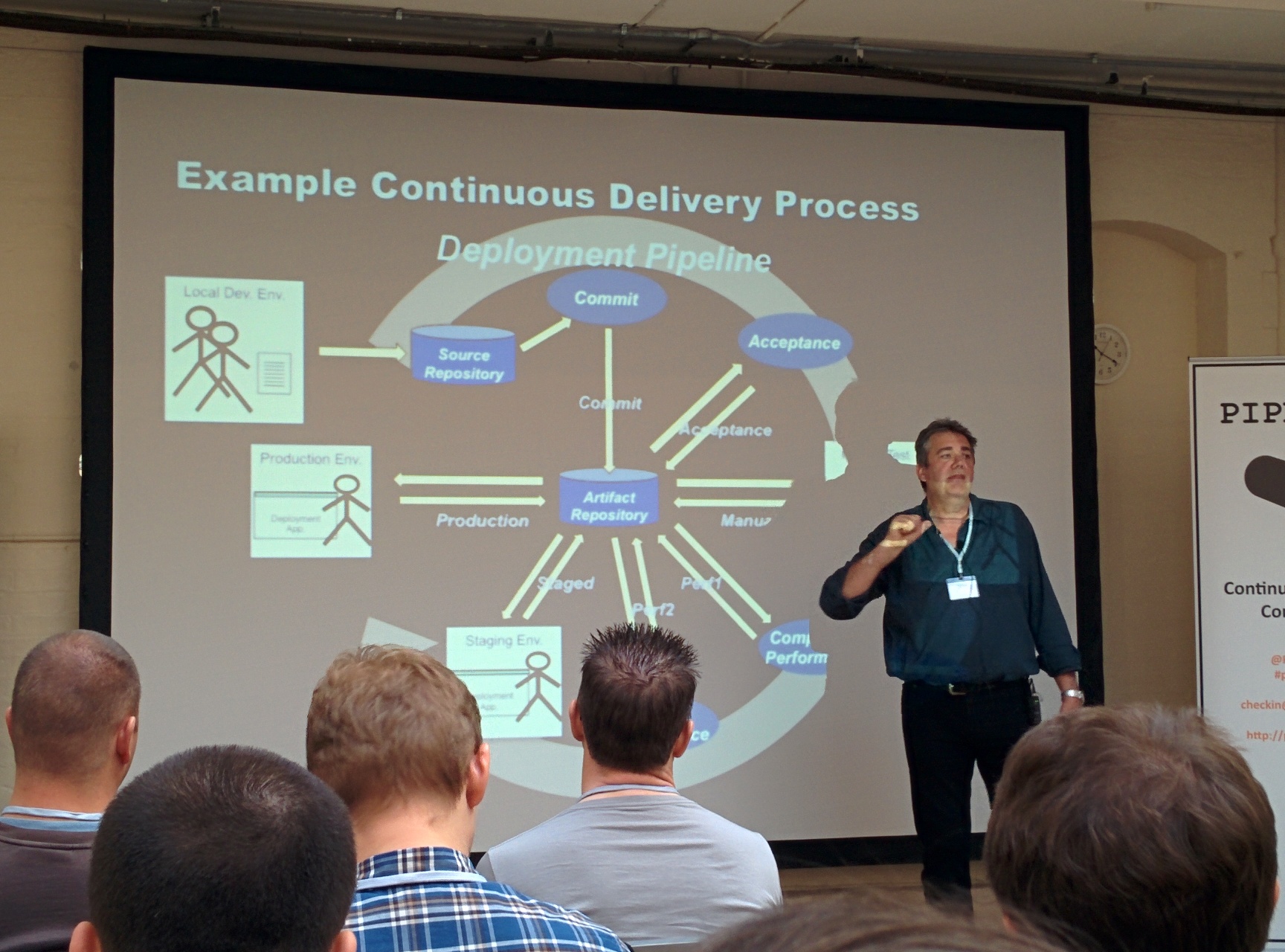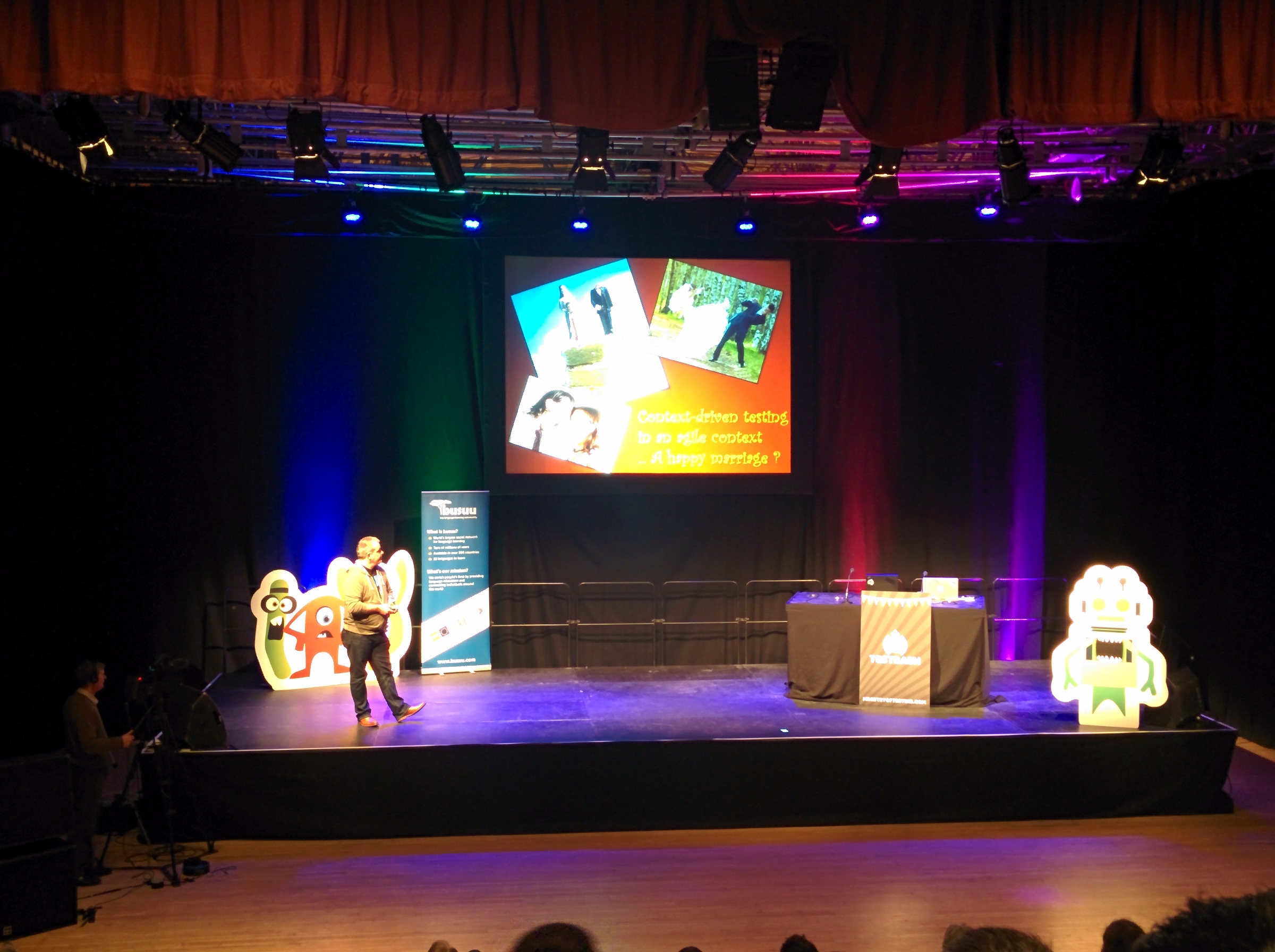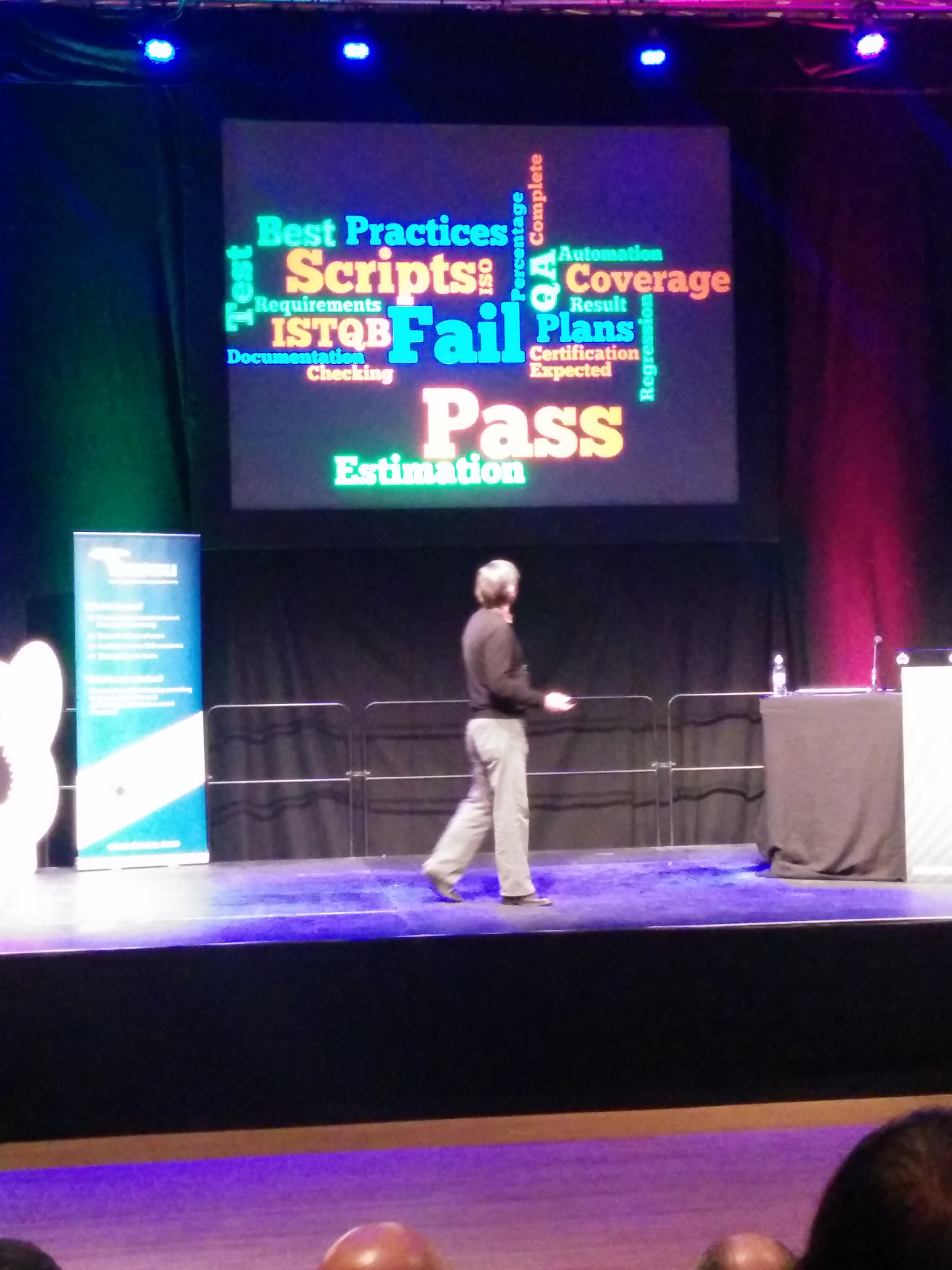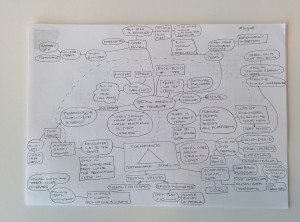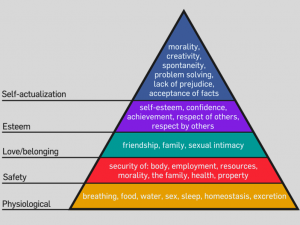I had the pleasure of attending the London Tester Gathering Workshops last week, organised by Tony Bruce and the team at Skillsmatter. It was a good couple of days, and a good break from the presentation led conferences that I have mostly attended in the past.
As an offshoot from the London Tester Gatherings, the purpose of the workshops were to enable testers to get more hands-on and practice in a group setting, with support from some great testers and presenters. For me it was a good opportunity to get back to being a bit more hands-on, and to improve my knowledge of security testing in particular.
If you were wondering what the venue or some of the attendees looked like 🙂 then take a look at Tony’s blog. He took the pictures, I spent the time learning and talking testing.
Day 1
There were a couple of workshops that really looked interesting. Black Ops Testing, run by Tony, James Lyndsay, Steve Green and Alan Richardson, and Security Testing for Mobile Apps, run by Bill Matthews.
Black Ops Testing focused on scouting, intrusion and extraction. Or, as the intro said – if you don’t like military metaphors: Thinking, Exploration, Diagnosis. It focused around exploratory techniques and a whole lot more. Using a variety of techniques on a test server, meant that we were able to quickly put into practice what we were learning. Sadly I have lost the mindmap I wrote so you’ll have have to take my word for it, and wait for the blog post from Dan Ashby.
The Black Ops Testing workshop continued on in the afternoon but sadly clashed with Bill Matthew’s Security Testing for Mobile Applications workshop. Given my focus on mobile testing, both professionally and otherwise, then this one couldn’t be missed. Bill focused the session around the Mobisec VM and gave us all a large number of hints and tips on security testing for mobile applications.
I drew a mindmap: 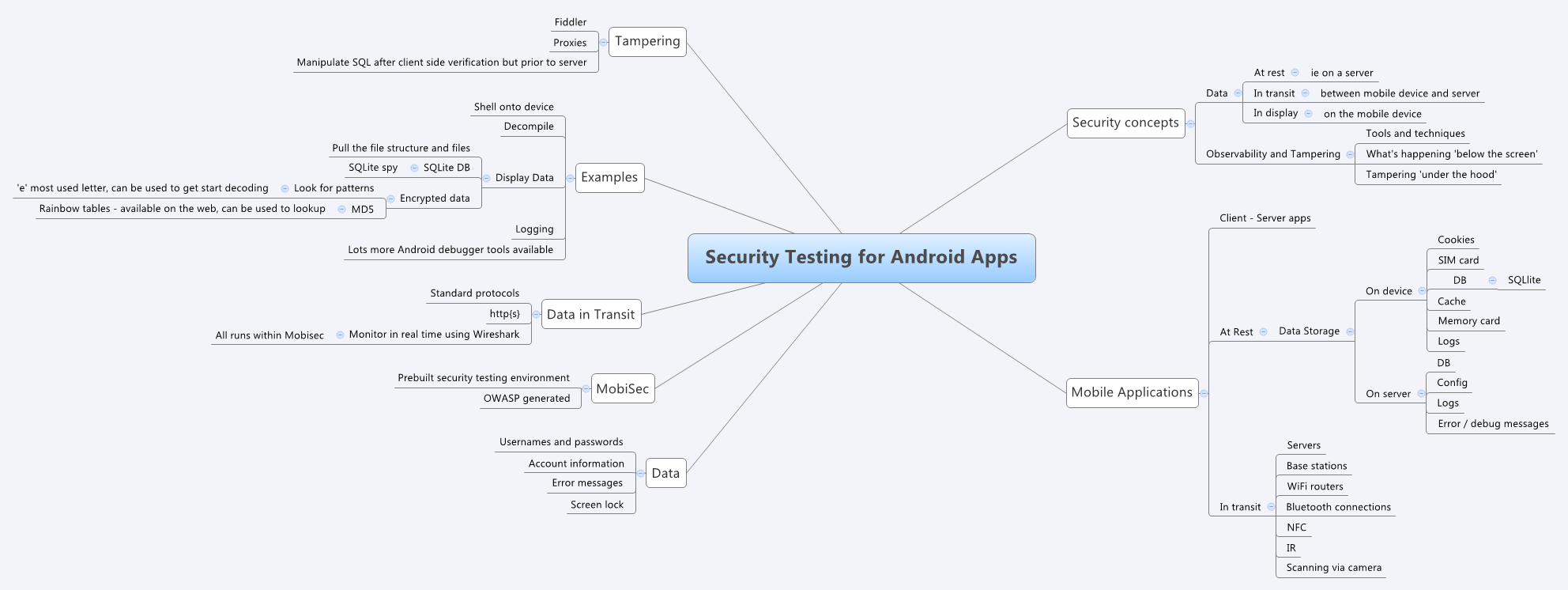
We focused on testing for Android applications, learning basic tools and techniques alongside some application security concepts. It was very useful to be able to setup the Mobisec VM in particular, and then use that to test an application with known vulnerabilities Security Compass Exploit me – they have a set of labs you can follow as well on their site. Using a VM meant we got all the tools we needed in one package, and Bill was on hand to explain, answer questions and make sure we were heading in the right direction. It was a good session with lots to takeaway and practice.
If you have an interest in mobile security then I would definitely recommend that you take a look at the Mobisec VM, and then head over to the Security Compass site. They also have an iPhone version, together with labs you can go through to help learn the main concepts.
The day concluded with the London Tester Gathering, which is always a good opportunity to meet old friends and new one’s over a beer or two.
Day 2
Day 2 was all about security testing again. Firstly Bug Hunting for Fun and Profit with Martin Hall, then The Evil Testers Guide to Http Proxies with Alan Richardson.
Bug Hunting for Fun and Profit was all about the tools and techniques that would enable testers to find security exploits in popular websites and applications, in order to make some money from bug bounty programs. Martin clearly knew his stuff – he gave us a lot of examples, a whole bunch of tools, and a lot of supporting information on which sites run bounty programs, the best way to approach them, and how to make some spare cash.
I mindmapped my ideas from the workshop, although, like Bill Matthew’s workshop the day before, this was just the start of things. There’s a lot of practice to do, both using the tools and the techniques before going onto any live sites. Fortunately there are a number of sites that one can practice on, and Martin gave us some great tools to use.

The afternoon was spent with Alan Richardson, talking about The Evil Testers Guide to Http Proxies. Having spent both Bill and Martin’s sessions using proxies then it was great to have Alan give his ideas and helpful advice. The session was organised around testing the Gruyere web application, a vulnerable app designed for practicing web security testing. Alan gave us a lot of documentation and support, far more than I can go through in one blog post.

Wrap Up
The London Tester Gathering workshops were a great couple of days. I learnt a lot, and I now have a lot of great opportunities to learn and practice. The presenters were all very knowledgeable, and were happy to share that knowledge and a lot of useful tools, slides and experience. I met a lot of good testers who were keen to learn and improve their skills. It was great to meet some old friends, but equally it was good to see so many testers in the workshops that I haven’t met before. Sometimes the testing community can seem a little cliquey and this workshop certainly was not.
Thanks to Tony and all the other organisers and presenters. If you didn’t go to the workshop this year then make sure you check it out next year. It’s well worth it.
